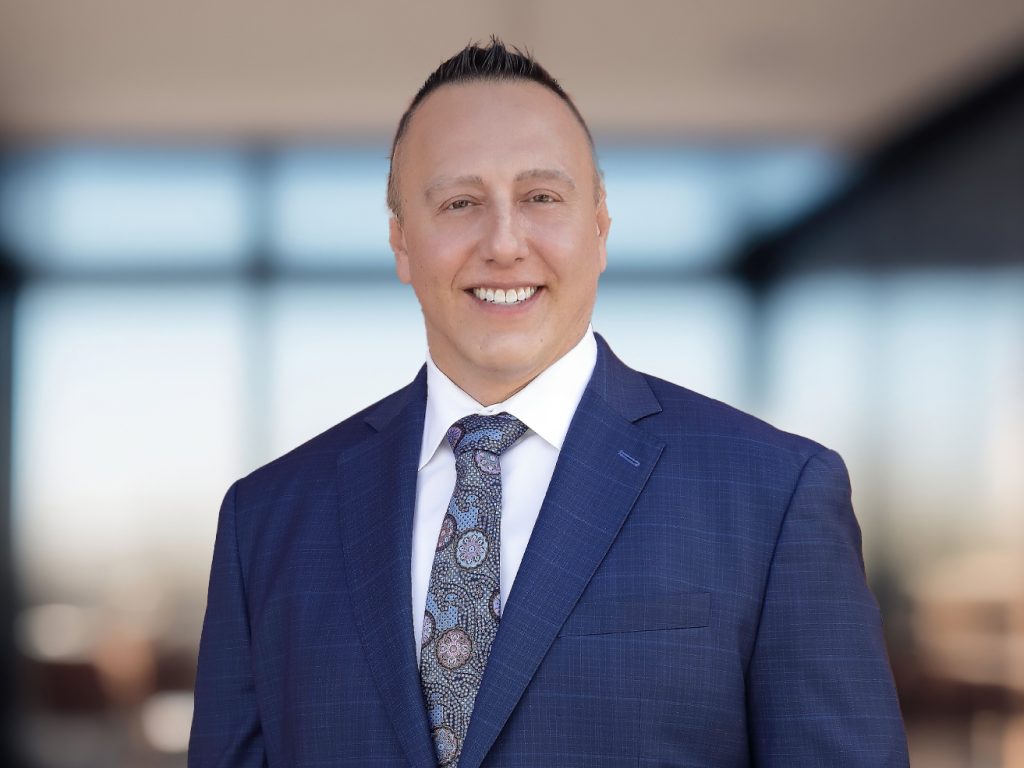Know your rights – and how to navigate a sticky situation
One of the worst things for anyone involved in a car accident is the loss of control. You end up replaying the accident in your mind over and over again, wondering if you could’ve done anything differently. It’s arguably worse for passengers, because you weren’t even in control of a vehicle. Due to someone else’s mistake, you’re now looking at a long road to recovery – and a difficult legal situation.
It can be difficult to know what to do after you were involved in a car crash as a passenger. Make sure you understand how the system works so that you can move your claim forward and protect your legal rights.
Like anyone else hurt in a car accident, you can take legal action against the at-fault driver
In some respects, a claim for an injury to a passenger is no different from a claim for an injury to a driver. If you were in an accident solely caused by the driver of another car, you can file a personal injury claim against that driver, which proceeds much like any other car accident case. Note that most insurance policies include both a “per person” and “per accident” maximum liability coverage, so if both you and the driver or you and another passenger were injured, that might affect the amount of available coverage to pay for your injuries.
The same principle applies if a party other than a driver was responsible for your accident, such as a vehicle manufacturer. Where things get more complicated is if the driver of the car you were in (the host car) is at fault for the accident.
You may or may not be able to sue the driver of the host car
In general, whether you can sue the driver of the car you were in depends on your relationship to the driver. Most Florida car insurance policies don’t allow you to file a lawsuit against a resident relative; that is, a family member who you live with. However, if you were riding with someone you don’t live with – say, a friend, a coworker, or an extended family member – and their negligence caused the accident, then you can file a liability claim or a lawsuit just as you would against any other driver.
Of course, this leads to an issue that’s less legal than it is interpersonal: you may not want to file a lawsuit because you know the driver and don’t want them to be in trouble. It’s important to remember that if you file a claim, you’re not trying to take your friend or relative’s money. You’re just trying to get their insurance company to pay the coverage that they have already paid premiums for. An attorney should be able to move your claim forward by dealing directly with the insurance company, not your friend.
If you are partially responsible, comparative negligence applies
It’s rare for a passenger to be partially responsible for a car accident. The law presumes that fault for a crash lies with someone who was operating a vehicle at the time of the crash. However, if you did something that clearly contributed to the accident, such as grabbing the wheel or obstructing the driver’s view, it’s possible that you will be found partially at fault.
Under these circumstances, comparative negligence applies. If you were, for example, 20 percent at fault, that means your recovery would be reduced by 20 percent – for instance, if you were awarded $100,000 in damages, this would be reduced to $80,000. If you were over 50 percent at fault, you can't recover at all – but again, this would only apply to a passenger in very unusual circumstances.
Depending on the circumstances, you may be able to stack coverage from multiple policies
If you were injured while riding in a friend’s vehicle, but you also have your own car and your own insurance policy, you may be able to “stack” coverage from your own policy and your friend’s policy. For example, if you have $50,000 in uninsured motorist protection on your car, and your friend has another $25,000, you may have up to $75,000 in total available coverage.
An experienced attorney can help you navigate this complex situation
When you’re involved in a car crash as a passenger, it’s easy to feel like you’re completely on your own. Depending on the situation, you may not even have your own insurance company ostensibly on your side. The insurance carriers for the at-fault driver or drivers are in it to protect their own bottom line, and they will use their considerable resources for that purpose.
That’s one of the reasons legal representation is so important for injured passengers. Your lawyer can review your situation, investigate the accident, find the applicable insurance, and build a case for the full compensation you need. Again, we also understand that these situations can be personally fraught, and we know how to navigate those interpersonal dynamics and deal directly with the insurance companies as much as possible.
Remember, the sooner you get an attorney involved, the better, especially if there are multiple insurance companies or if liability for the accident is disputed. If you’ve been hurt as a passenger in a car crash in Florida, talk to an attorney in your area as soon as possible.
Armando Personal Injury Law is a personal injury law firm in Tampa, FL.






